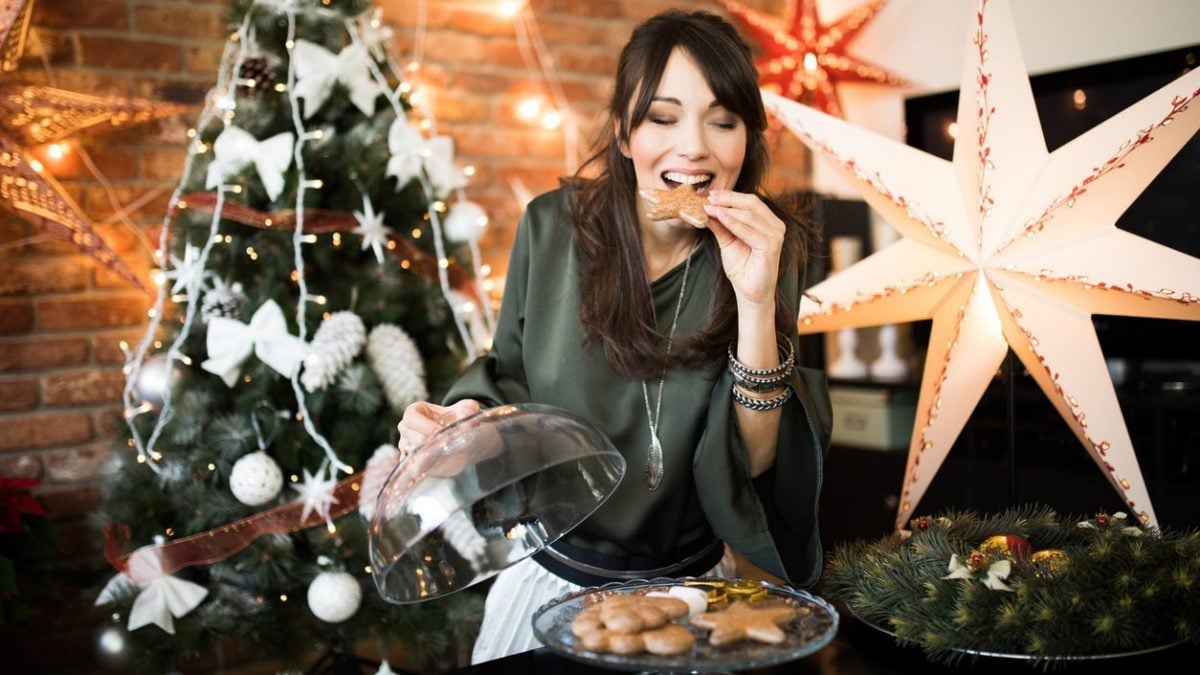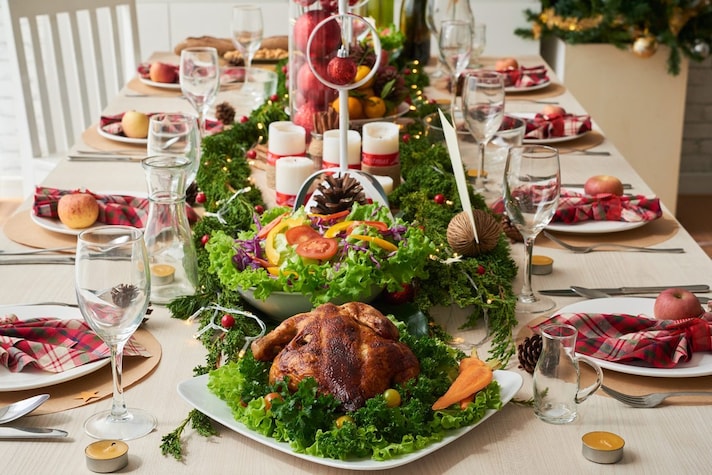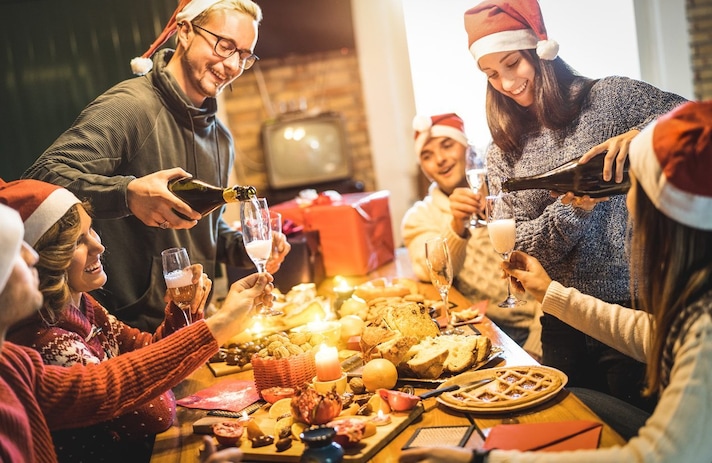
Christmas, as we know, is also a celebration for the palate. Christmas traditions vary from country to country, but one thing is certain: food always plays a central role . From sumptuous banquets to the most delicious desserts, the holidays are an opportunity to celebrate with taste. But why are we so attracted to rich and caloric foods during the Christmas holidays? Let's discover the origins of these habits and the reasons that push us to eat more.
Why Do We Eat So Much During Christmas?
The reason why we tend to eat more during the holiday season is due to a combination of cultural, social and psychological factors. Here are some of the main reasons:
Tradition and Culture
Christmas has always been associated with abundant banquets and moments of conviviality. The tradition of preparing rich and elaborate dishes has consolidated over time, becoming an integral part of the celebrations: in addition, during these periods, more refined and tasty dishes are eaten that are not usually prepared at other times.
Social Expectations and Psychological Factors
There is also a certain social expectation attached to eating abundantly during the holidays: we tend to think of it as a time to indulge ourselves and enjoy food in company. Also, during the winter, warm and comforting food makes us feel safer and more protected: many Christmas dishes fall into this category.

Food Availability and Festive Atmosphere
There are many caloric and inviting foods in the house, such as sweets, cured meats and cheeses, which can induce us to eat more. Furthermore, there is a combination of the high availability and the "climate" of the holidays: the Christmas atmosphere, with lights, music and decorations, stimulate the appetite and invite us to celebrate with food.
Stress and Boredom
Two factors that we often don't consider are stress and boredom: they may seem to be in opposition but in reality they are not. The holidays, although a joyful period, can also be stressful: food can become a sort of "reward" or distraction from tensions. During the holidays, moreover, we have more free moments and we tend to look for activities that give us pleasure, such as eating.

How to Behave At The Table Before and After the Holidays
One way to avoid overdoing it is to "prepare", from a nutritional point of view , for the holidays when we will all be at the table anyway, in front of rich and abundant dishes. Even after the holidays, you can take precautions to detoxify yourself and "unload" you can take precautions to detoxify yourself and "unload" calories and toxins first, without making drastic choices, such as excessively low-calorie diets, which could only make things worse. How to do it?
- Drink lots of water. It's not news, but it can't be repeated enough: drinking lots of water is the first thing to do to purify the body, after the holidays but in general in everyday life. Not only does it purify it, but it also aids digestion, is a source of mineral salts and also induces a certain sense of satiety.
- Tea and herbal teas are great allies. To purify the body and stimulate the detoxification process, tea, herbal teas and infusions are excellent allies: these types of drinks, in fact, help the kidneys, the liver and intestinal transit, they are also antioxidants and contain precious anti-tumor substances.
- Follow a healthy and balanced diet. It is essential to follow a healthy diet that excludes fats and sugars, and in which you consume a reduced quantity of carbohydrates. Therefore, avoid all complex sugars and foods rich in fat (mature cheeses, sweets, butter, to give a few examples). Limit pasta, preferring whole grains, and try to consume lots of fruit and vegetables at each meal.
- Skipping meals is prohibited. The most common mistake you can make after the holidays is skipping meals, believing that you will thus dispose of what you have eaten in the previous days. Nothing could be more wrong: fasting or skipping meals is actually harmful to our body, because in these cases the brain goes into "defense" mode and pushes the body to ask for even more food and fatty foods to compensate for the loss suffered.
- Reduce salt, but do not eliminate it. In the days and weeks immediately following the holidays, it would be better to pay attention to excessive salt consumption, a food that exposes the body to high water retention. It is forbidden to eliminate it completely, but consuming less will benefit you: prefer the use of spices and aromatic herbs to flavor your recipes.
- Season with extra virgin olive oil. Another tip to follow to purify the body after the holidays is to favor simple dressings, especially extra virgin olive oil, rich in benefits , avoiding all fatty dressings such as butter or sauces.
- Take probiotics. To get the body back to its normal functioning, it is a good practice to protect the balance of the bacterial flora: a poor diet, in fact, can reduce the number of bacteria useful to the body, which are normally up to 1,000 units. Introduce yogurt into your diet, perhaps at breakfast or as a snack: it is a very useful product to restore balance to the intestinal bacterial flora, and therefore avoid bloating and poor digestion.
- Exercise. Eating a healthy diet and staying hydrated are fundamental rules, but they are not enough on their own: you also need to exercise. In fact, the time you spend sitting still does not help your body to detoxify, which needs to move to activate all its functions and eliminate excess food.
;Resize,width=767;)
